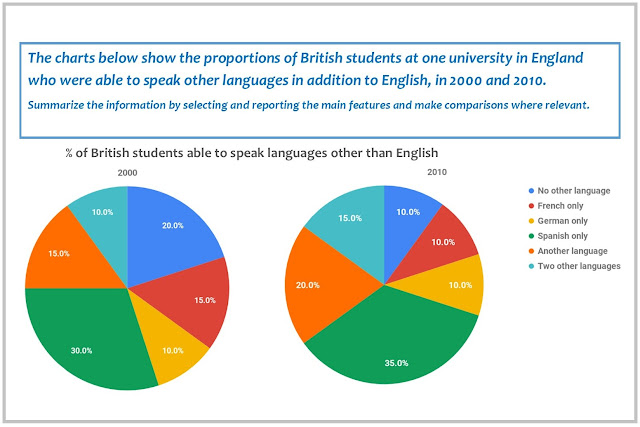My C2 Proficiency book review: "The Elements of Eloquence"
I wrote this review about a year ago about “The Elements of Eloquence” by Mark Forsyth, which I was reading at the time. There is no task for it. I wrote it to practise.
When I was preparing for CPE, I practised writing in two modes: exam mode and growth mode. In exam mode, my goal was to answer the question meeting the time limit. In growth mode, my goal was to work on my language. In this mode, I prepared a list of phrases and/or structures I wanted to use and tried to use as many of them as possible in my writing. This review is the second version of the original review written in growth mode.
✻✻✻
Each chapter is devoted to one figure of rhetoric, which is thoroughly dissected and supported by examples. The author went to great lengths to dig up quite a diverse bunch from works of such outstanding writers and poets as William Shakespeare, William Blake, Winston Churchill, Guy Ritchie, Quentin Tarantino, and the like. The book is virtually impossible to put down because each chapter ends with a major linguistic cliffhanger - the stylistic device that is going to be covered in the next chapter, magically emerging in the last sentence.
What I particularly like about the book is the author’s sparkling style. Being the master of the striking line himself, rather than write about this or that rhetorical figure, he weaves it into the text of the chapter ever so naturally. Not only does this trick make the meaning of each figure sink in, but it also contributes to the overall unique and unforgettable character of the book. If I do have one minor criticism though, it is the way the author relentlessly takes the mickey out of poets. He is admittedly right, but I still couldn’t help feeling sorry for the guys.
The book is highly entertaining and informative at the same time. The reader is bound to devour it in the blink of an eye and be fully equipped to create memorable literary lines. For all aspiring writers, avid readers, and language enthusiasts, like myself, the book is a must.
315 words
✻✻✻
The book, like many other great things in life, was a serendipity. I found it in a bookshop in Dublin when I was buying “Do I Make Myself Clear” by Harold Evans. The review is all true. I highly recommend reading the book.





Wow, this review is fantastic! Congratulations!
ReplyDelete